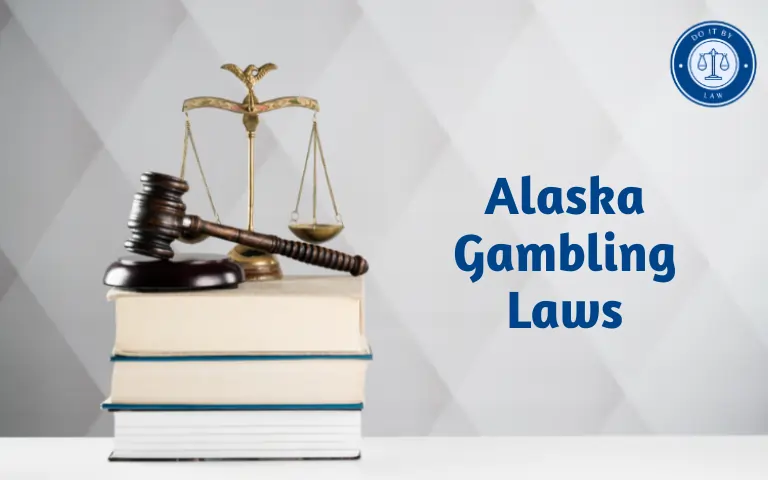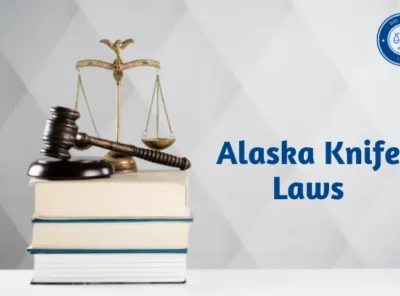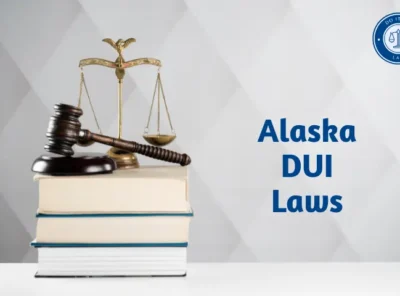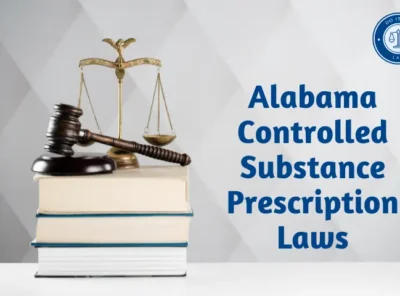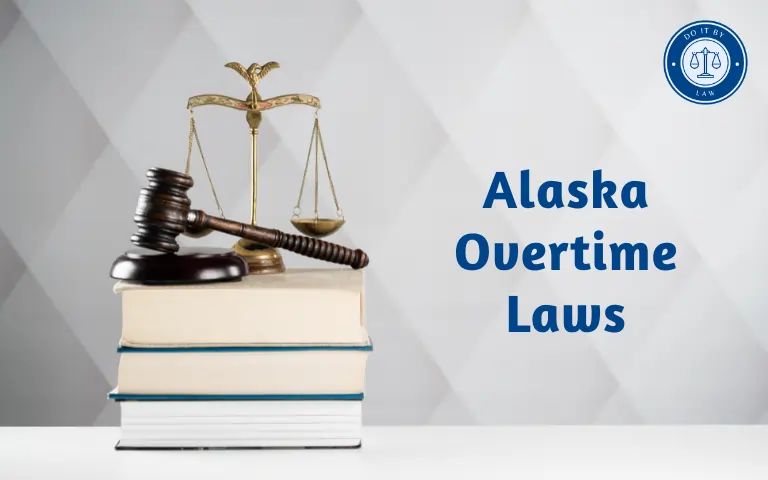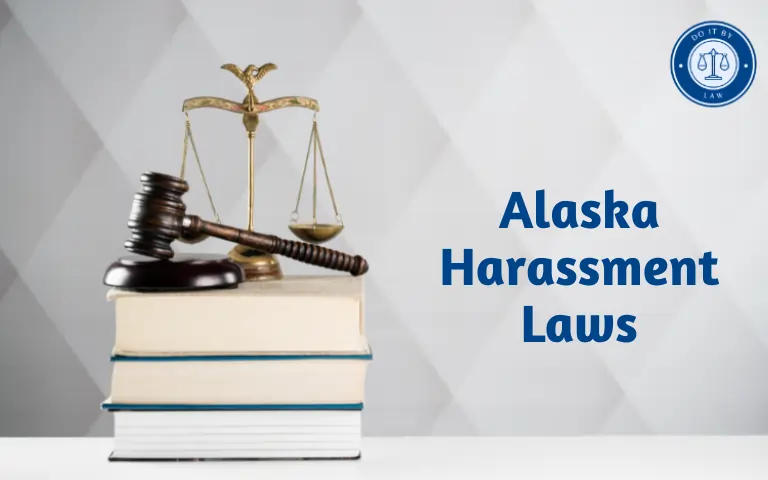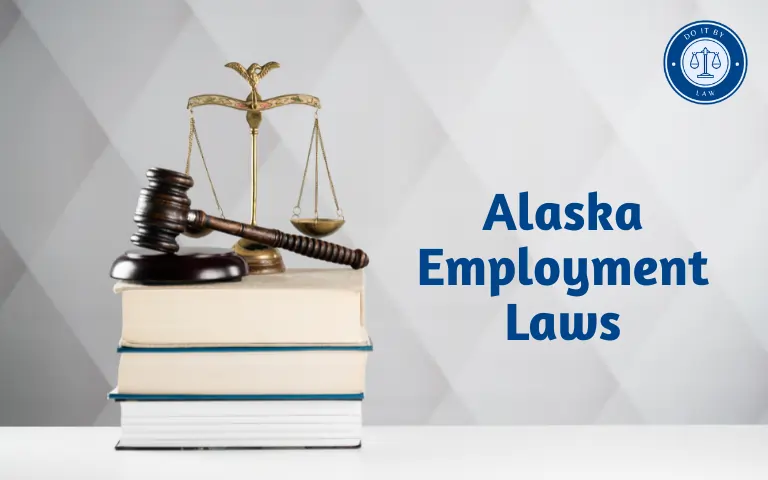Alaska Gambling Laws: What do you need to know
Unlike most U.S. states, Alaska maintains a strict prohibition on nearly all forms of gambling despite periodic repeal efforts advancing limited venues. Only select charitable gaming gets exempted from Alaska Gambling Laws statutes imposed at statehood. This guide summarizes Alaska’s gaming prohibition history, key restrictions, penalties and reform debates as of December 2023.
When Were Alaska Gambling Laws Enacted and Why Do They Exist?
Upon attaining statehood in 1959, Alaska incorporated an outright ban on commercial gambling into its initial constitution alongside similar prohibitions on lotteries – going beyond restrictions just on casino gaming.
Motivations behind Alaska’s tough anti-gaming stance centered on:
- Discouraging organized crime and vice elements often tied to historical gaming operations from taking a foothold within the nascent state’s borders as occurred elsewhere.
- Promoting economic focus on more sustainable industries like oil, fishing, and mining with stable tax bases rather than relying on regressive gambling revenue streams.
- Preserving moral objections towards gaming on religious grounds by prohibiting the activity statewide from the outset before industries could mobilize lobbying influence while constituent sentiments remained firmly anti-gambling at convention debates.
So Alaska’s constitutional framers cemented an exceptionally rigid gaming ban reflecting the era’s social values and practical financial considerations against vice.
Who Do Alaska’s Gambling Laws Apply To?
Alaska’s strict anti-gambling laws dictate prohibition constraints on potential gaming participants including:
- Would-be gaming operators seeking to establish any form of casino, sportsbook, card room, lottery, machine venue, or another persistent chance-based gambling enterprise for patron participation involving monetary risks and rewards.
- Third-party vendors like gaming machine sellers or lottery ticket manufacturers face bans assisting operations violating Alaska gaming laws through commerce channels enabling illegal betting activities.
- General public patrons also face restrictions on participating inside or remotely with unapproved real money gambling sites based internally or abroad which fail local compliance standards.
- Even many charitable groups see limitations on fundraising reliance through gaming means without qualifying for exempted license approval.
So unlike most states defining regulatory structures around managed gambling expansion, Alaska statutes impose near- outright bans reserving gaming just for narrow charity groups meeting strict eligibility tests.
Key Provisions, Requirements, and Restrictions of Alaska Gambling Laws
Alaska statutes specifically declare that except for approved charitable operations:
“…it is unlawful for any person to deal, operate, carry on, conduct, maintain or expose for play any gambling game or gambling device, as defined in this chapter, whether the gambling game or device is operated electronically or mechanically by the player or dealer.”
Even placing remote online wagers remains illegal with harsher Federal enforcement as well.
The only gaming exemptions permitted include:
- Certain Bingo, raffles, ice classics, fish derbies, dog musher contests, and small lotteries qualify as fundraisers, capped at designated prize thresholds, and subjected to permitting oversight with mandatory audits ensuring charity group allocations.
- Qualified organizations range from senior centers to volunteer fire departments requiring members to vote on gaming activities without paid staff administration.
- Social gambling among acquaintances on equal terms avoids prosecution but public spectator admissions or unequal cut arrangements still trigger crackdowns.
What Are the Penalties for Violating Alaska Gambling Laws?
Those caught dealing or operating illegal gambling operations in Alaska face felony convictions with:
- Up to 5 years in prison per violation
- Fines reaching $50,000 for individuals or $500,000 for enterprises
- Property and monetary seizure sanctions also authorized against assets enabling unlawful gaming activities
Patrons participating in illegal gambling face smaller misdemeanor sanctions including fines and potential short jail terms still acting as deterrence.
But muitiple strikes risk eventual felony liability as well for repeat violators depending on circumstances such as operating unlicensed poker enterprises maskaing as “social gaming”.
Recent and Proposed Changes to Alaska’s Gambling Laws
Despite periodic attempts since the 1970s, Alaska continues resisting proposals seeking to permit any commercial gaming venues for tax revenues or tourism draws including:
- Failed ballot initiatives like 2014’s Measure 2 that sought to authorize regulated sports betting through sites like existing bingo parlors. 56% voted against proposals after industry lobbies spent millions fighting perceived societal threat expansions.
- Rejected legislation in 2012 attempting gaming machines to fund education programs but rejected under gambling addiction and moral opposition arguments.
- Voters refused pursuing an Alaska state lottery in 1984 and 1990 ballots along similar anti-vice arguments.
Some observers still believe growing budget deficits may spur reconsideration on gaming revenues potential. But significant moral objections show little signs disappearing short-term to enable serious advancement prospects.
Controversies, Debates and Challenges Around Alaska Gambling Laws
As other conservative states like Alabama accept gaming lately, arguments sharpen around Alaska’s outlier prohibitions:
- Missed Tax Revenue: Compared to over $1 billion in neighboring Yukon gaming proceeds, Alaska budgets forfeit millions in unrealized taxation not collected absent gaming. Proponents argue new lottery and gaming taxes could fund key programs without raising income or property tax rates resisted by many.
- Cross Border Leakage: Many Alaskans already travel to gamble legally in Canada, Washington and other nearby states potentially recapturing lost entertainment and tourism dollars locally by authorizing highly regulated gaming venues meeting unmet demand.
- Enforcement Challenges: Practical barriers tax federal and state authority capabilities restricting widespread internet and mobile gambling access through offshore sites and apps circumventing laws aimed at physical operations. Remote channels prove difficult to constrain fully.
- Eroding Opposition: Societal mores slowly grow more accepting of gaming especially for lottery and sports betting forms today compared to past objections centered more around moral hazards like casino proliferation. But sentiments still lean negative obstructing quick public pivots.
Alaska’s distinctive prohibition position bars gaming but modern realities may pressure gradual reforms in time.
Key Takeaways onAlaska Gambling Laws
In summary, Alaska’s atypically rigid gambling ban contrasts more permissive states but firmly remains standing:
- Only qualifying charitable gaming wins exclusion from blanket prohibition.
- Periodic reform bids to fund budgets or allow regulated industries failed gaining public support yet tilting demographics may slowly shift attitudes.
- Federal stances strengthen barriers around internet gaming participation alternatives.
- Practical limitations still see resident dollars flowing outside Alaska without capturing benefits locally.
- Near term continuation seems certain barring major fiscal crises forcing legislative hands – but such scenarios can’t get ruled out longer-term.
Alaska’s distinct stance prohibits gaming but evolution stays possible on terms meeting local sentiments.

